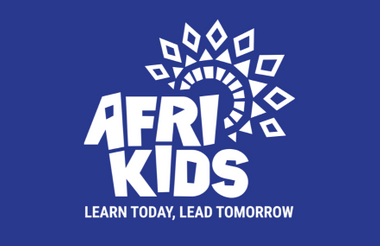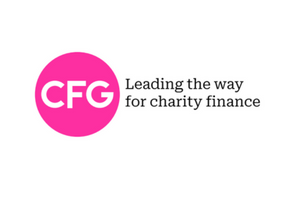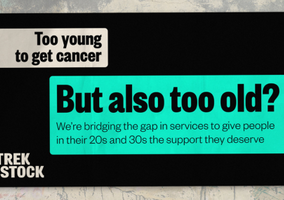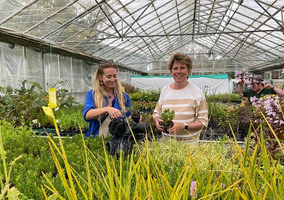An education charity has changed its branding “to truly represent locally-led development and the vibrancy of Africa” and help raise its profile.
Today, AfriKids unveiled a new logo, graphic elements and colour palette to pay homage to its past “while embracing its future and plans to take community powered change to scale”.
AfriKids told Civil Society that it worked with agency Spencer du Bois on the rebrand, which “is rooted in the heritage, culture and vibrancy of AfriKids’ home in northern Ghana”, but would not say how much it spent.
Its new branding incorporates the work of local artists and inspiration from the communities in northern Ghana, “from the shapes inspired by traditional art, colours from the local landscapes, and the use of circles, representing the power of communities coming together for children”.
‘New brand resonates perfectly with our vision’
AfriKids is the name of two separate organisations that champion education and child rights in Ghana, with one based in the UK and the other in the west African country.
UK-based AfriKids Limited, which recorded an income of £1.64m in 2023, was registered as a charity in 2002, while AfriKids Ghana was created in 2005.
AfriKids Limited chief executive Charlie Hay said: “When it came to our 20th anniversary, and reflecting on what we’ve done well, what we've learned, and how we can do more for children in the future, we felt it was time more people knew about our work, in the hope that we can reach more children, and perhaps inspire others to adopt our locally-led approach.
“It was so important to us that our rebrand embodied everything that is special about AfriKids; that we’re deeply rooted in the communities we serve, that our work is completely locally-led, and that it authentically reflects the energy, fun and positivity that we try to bring to our work every day.”
Writing in a blog, AfriKids Ghana country director David Pwalua said the charity began consultations with communities and local stakeholders two years ago “to reflect on what we’ve done well, what we’ve learned, and how we can do more for children in the future”.
“As we did this, we recognised the need for our brand to better represent who we are and what we strive to accomplish, and we felt it was time more people knew about our work, in the hope that we can reach more children, and perhaps inspire others to adopt our locally-led approach.”
He added: “There is the need for us in this generation to shift the power. This new brand resonates perfectly with our vision that makes local communities and project participants the focus of our work, for them to become active players in determining their future.”
Related stories












